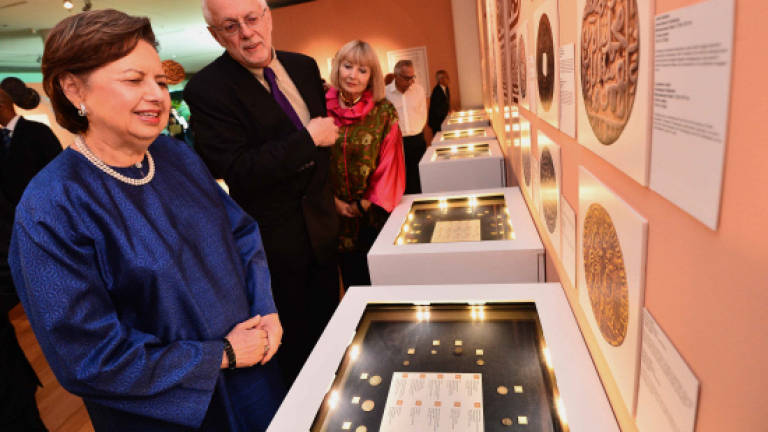Bank Negara: SRR revisions if fundamental change in liquidity

KUALA LUMPUR: Bank Negara Malaysia (BNM) Governor Tan Sri Dr Zeti Akhtar Aziz said the Statutory Reserve Requirement (SRR) will only be adjusted if there is a fundamental change in liquidity in the financial system.
"SRR will only change if there are fundamental shifts that result in fundamental changes in liquidity condition. If it is temporary, then it will rely on open market operations," she told reporters after launching the latest exhibition entitled "Knowing Nusantara: Money That Made The Region" at Bank Negara Museum and Art Gallery.
The SRR is the amount of funds that commercial banks are required to keep with the central bank and are interest-free. Currently the SRR stays at 4% and has not changed since July 2011.
As the gap between the OPR and SRR has narrowed to 75 basis point, analysts believe BNM could increase the SRR.
Following a 25-basis-point hike in the Overnight Policy Rate (OPR) in July and a possible of another hike towards year-end, Zeti said the SRR will be assessed very carefully, but stressing that the central bank is more relying on market-based instruments in addressing excess liquidity in the market.
"We're managing the liquidity through open market operation or ensure that liquidity is ample and don't have excess liquidity that will result in excess credit growth," she said.
She added that the central bank could absorb excess liquidity through money market operations from time to time.
Zeti opined that besides the SRR and interest rate, the stability in the country's financial system will also be managed through prudential measures.
She said both interest rate and inflation have their respective risks, but based on the central bank' assessment, the economy will remain on a steady growth path.
"We're seeing risks to inflation, but in our assessment, these risks are likely to be temporary due to price adjustments, which will lead to temporarily increase in inflation, but we expect by 2016, the inflation will begin to trend towards long-term average of about 3%," she added.
On the currency front, Zeti expects volatility to continue as it is a period of transition in the aftermath of the global financial crisis, but the resilience in the local economy could help to withstand all headwinds.
"We've demonstrated during the global financial crisis, we're able to intermediate these volatility, so that it never disrupted our economic activities," she said, adding that the financial sector has been able to support the economic growth throughout the period.